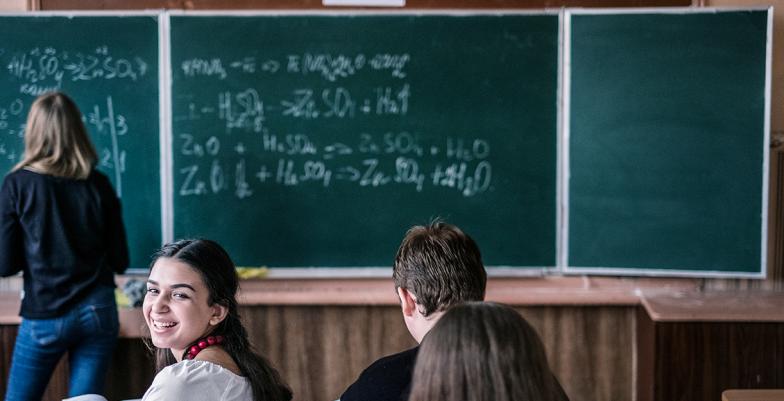EU priorities at the United Nations
The EU priorities at the United Nations during the 80th session of the General Assembly reaffirm the EU’s strong commitment to a multilateral system based on international law and true to the purposes and principles of the UN Charter, to ensure peace and security, respect for human rights, and sustainable development for all.
Navigate the topic
The EU remains a predictable, reliable and credible partner, committed to deliver on global commitments, including through the implementation of the Pact for the Future and its annexes, the Global Digital Compact and the Declaration on Future Generations. The EU stands ready to engage with partners in driving forward UN reform through the “UN80 initiative” towards a more effective, cost-efficient and responsive UN fit to better tackle current and future challenges.
In the face of increasing threats to international peace and security, particularly grave violations of the UN Charter and acts of aggression and violation of territorial integrity, the EU remains committed to safeguarding and restoring just and lasting peace and stability globally.
Recognising the interdependence between peace and security, human rights, and sustainable development, the EU remains committed to the 2030 Agenda and to achieving the Sustainable Development Goals.
Deeply concerned about the triple planetary crisis of climate change, biodiversity loss, and pollution - an existential threat affecting all humanity and the world’s security - the EU will continue to work with partners within the UN framework to accelerate a global, just and inclusive green transition.
The following priorities will guide EU action at the United Nations over the coming year:
I. Support a multilateral system based on international law and the universality of human rights;
II. Advance comprehensive reforms to reinvigorate the UN system; and pursue effective partnerships;
III. Strengthen the UN peace and security architecture;
IV. Advance sustainable development in line with the 2030 Agenda;
V. Address the triple planetary crisis.
EU participation at the United Nations
The UN General Assembly is the main deliberative, policymaking and representative organ of the UN. All 193 UN Member States are members of the General Assembly and have an equal vote. The EU has enhanced observer status. This allows the EU to intervene in debates, submit proposals and take part in negotiations, and participate in the general debate each September. The EU’s special status does not include the right to vote, but the EU coordinates among its 27 Member States to present unified positions. The EU also coordinates its voting within the UN General Assembly’s six Main Committees, as well as other bodies such as the Economic and Social Council. The GA has taken a more prominent role in recent years on peace and security matters.
The UN Security Council has primary responsibility for the maintenance of international peace and security. It is composed of five permanent members and ten non-permanent members elected for two-year terms by the General Assembly. Currently, there are four EU Member States on the Security Council. France as a permanent member, and Slovenia (2024-2025), Denmark (2025-2026) and Greece (2025-2026). Latvia has been elected for the period 2026-2027. EU law obliges EU members of the Security Council to act in unison, promoting and defending the positions and the interests of the Union.
UN reform and increased efficiency
As the United Nations approaches its 80th anniversary, the EU actively supports the UN80 initiative, launched by the UN Secretary-General to enhance efficiency, improve mandate delivery, and undertake strategic reforms, as confirmed by EU leaders in March 2025 (Council Conclusions, 20 March 2025). The EU sees this as a timely and necessary process to strengthen the UN’s ability to respond to today’s global challenges and to deliver more effectively, transparently and accountably.
As the largest collective financial contributor to the UN, the EU plays a constructive role in supporting a stronger, more agile and resilient organisation. The EU views the UN80 initiative as a unique opportunity to advance structural efficiencies, refocus the UN on its core mandates, and rebuild global trust in multilateralism.
The EU also supports broader reform efforts, including the Pact for the Future, and will continue to work with the UN and all partners to ensure a coherent, inclusive and forward-looking multilateral system fit for the 21st century.



